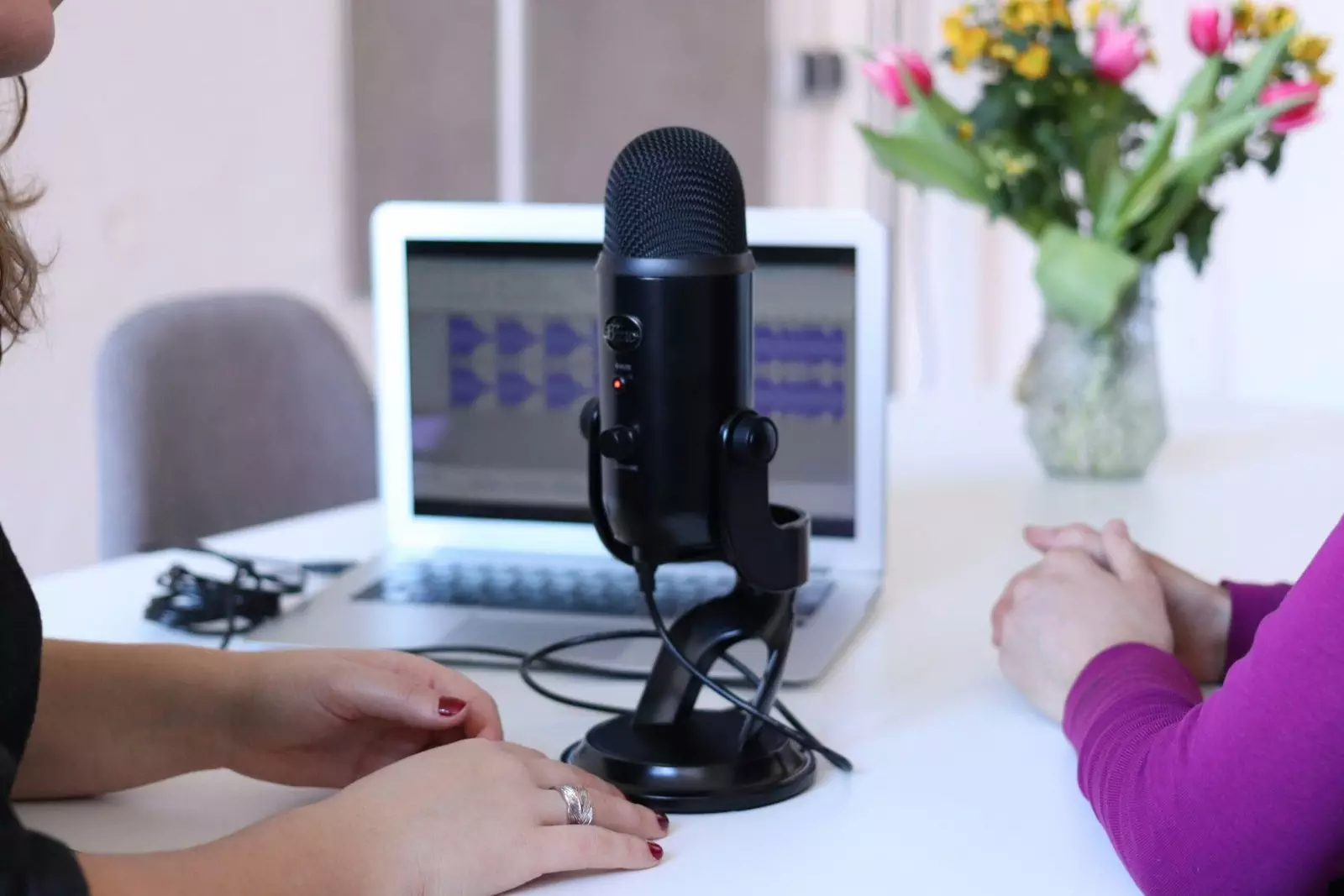
Common Podcasting Mistakes to Avoid
Neglecting Quality Audio Production
The significance of quality audio production in podcasting cannot be overstated. A podcast’s success is deeply intertwined with its audio clarity, and listeners are often quick to disengage if the audio is substandard. Inadequate equipment or poor recording environments can severely compromise the listening experience, making it essential for podcasters to prioritize audio quality from the outset. Common mistakes, such as using entry-level microphones or recording in noisy surroundings, should be avoided to ensure a professional sound.
When selecting audio equipment, the type of microphone can make a substantial difference. Dynamic microphones are often recommended for podcasting due to their ability to minimize background noise and their robustness in various settings. Additionally, investing in closed-back headphones can help podcasters monitor audio levels and reduce bleed, which is crucial during recording sessions. These choices directly contribute to an improved auditory experience, keeping listeners engaged and interested.
Moreover, the choice of recording software plays a vital role in achieving high audio standards. There are numerous user-friendly programs available that offer extensive editing capabilities. Utilizing such software allows for fine-tuning of sound quality, enabling podcasters to remove unwanted background noise and enhance vocal clarity. Furthermore, the benefits of soundproofing cannot be overlooked. Creating a controlled recording environment significantly reduces ambient noise and echoes, allowing for a clear output that resonates with listeners.
Ultimately, investing in quality audio production equipment, as well as adopting sound recording best practices, can greatly influence a podcast’s trajectory. High-quality sound not only enhances the overall listener experience but also establishes credibility and professionalism, making it a crucial factor for any podcaster looking to succeed in a crowded market.
Inconsistent Publishing Schedule
One of the critical aspects of successful podcasting is maintaining a consistent publishing schedule. When a podcast releases episodes sporadically, it can lead to several pitfalls, primarily the potential loss of audience engagement and trust. Regularity fosters a sense of reliability among listeners; they come to expect new content at certain intervals. If episodes are published erratically, audiences may lose interest, resulting in decreased listenership and, ultimately, a decline in overall podcast growth.
Establishing a manageable content calendar is essential for ensuring a consistent release schedule. This calendar should outline not only when new episodes will be published but also what topics will be covered in each episode. Having a clear plan can help podcasters stay organized and focused, preventing last-minute scrambles to produce content. Additionally, utilizing strategies for batch recording can be beneficial. Batch recording allows for the creation of multiple episodes in a single session, significantly simplifying the production process and minimizing the stress of trying to meet a deadline.
Moreover, it is vital for podcasters to set realistic expectations regarding frequency and timing. This aspect should be based on an understanding of their target audience’s preferences. Conducting audience surveys or analyzing listener engagement metrics can provide valuable insights into how often audiences wish to receive new content. By adhering to a consistent schedule that aligns with listener expectations, podcasters can cultivate a loyal audience base, enhance listener retention, and ultimately achieve greater success in their podcasting endeavors.
Ignoring Audience Engagement
In the realm of podcasting, audience engagement is paramount for cultivating a loyal listener base. Many podcasters overlook the significance of actively interacting with their audience, which can lead to disengagement and diminished growth. A common mistake is neglecting to utilize social media platforms, email newsletters, or even live interactions to create a dialogue with listeners. Engaging with an audience not only fosters a sense of community but also encourages listeners to feel personally invested in the content being produced.
One effective strategy for enhancing audience engagement is to establish a strong presence on social media. By frequently posting updates, behind-the-scenes content, or episode teasers, podcasters can keep their audience informed and engaged. Furthermore, encouraging audience participation through polls, Q&A sessions, or discussions can aid in developing a deeper connection. This two-way communication allows listeners to voice their opinions and contribute ideas for future content, which can significantly enrich the podcast’s thematic variety and relevance.
Soliciting listener feedback is another crucial element in fostering engagement. Creating opportunities for feedback, be it through surveys, dedicated email addresses, or social media interactions, demonstrates to the audience that their opinions are valued. When podcasters actively incorporate listener suggestions into future episodes, it not only enhances content but also strengthens the listener’s sense of belonging to the podcasts’ community.
Ultimately, audience engagement is a vital ingredient in the recipe for podcast success. By prioritizing interactions, soliciting feedback, and creating platforms for community building, podcasters can cultivate loyalty among their audience. This loyalty often translates into organic growth as engaged listeners are more likely to share content, recommend the podcast to others, and contribute to its overall success.
Lack of Clear Focus or Niche
One of the most common pitfalls in podcasting is the absence of a clear focus or niche, which can significantly hinder a podcast’s success. When creators attempt to appeal to a broad audience without a defined content direction, they often dilute their message, making it challenging for listeners to understand the podcast’s value. Podcasts that lack specificity tend to struggle with listener retention, as audiences may find themselves lost in a sea of inconsistent topics and themes. As a result, identifying the target audience becomes increasingly complex, further complicating the content creation process.
To avoid this mistake, podcasters should start by determining their unique value proposition. This involves reflecting on their interests, expertise, and the needs of potential listeners. By concentrating on specific themes or subjects, podcasters can cultivate a unique niche that distinguishes them from their competitors. For instance, a podcast focused on sustainable living can carve out a dedicated audience by offering in-depth discussions and expert interviews rather than trying to cover a broad range of environmental topics.
Focusing on a particular niche not only maximizes engagement but also reduces competition within the podcasting landscape. Specialization allows creators to attract a more passionate and dedicated audience that shares a common interest. Furthermore, when listeners feel that a podcast speaks directly to their interests or needs, they are more likely to subscribe, engage, and share the content with others. Ultimately, having a clear focus or niche can lead to an enhanced listener experience, creating a stronger community around the podcast.
Successful podcasts often balance relevance and specificity, providing content that resonates deeply with their audience while maintaining a distinct perspective. A well-defined niche can serve as a roadmap for content creation, guiding creators toward topics that will engage and excite their listeners.





Leave a Reply